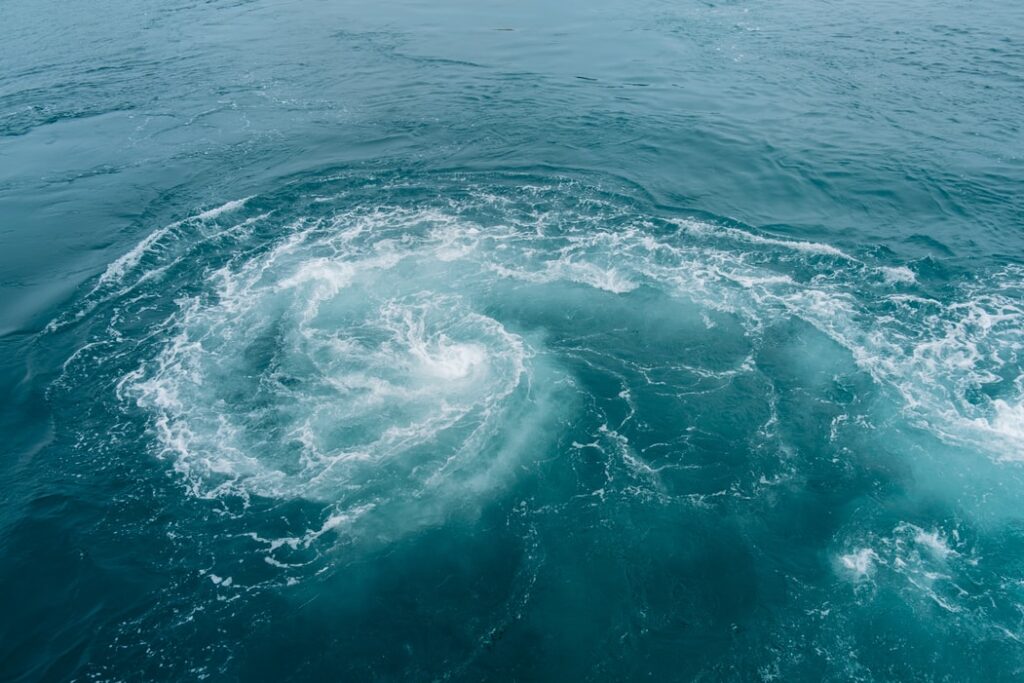According to a piece in “The Conversation”, a site that frankly reads more like “The PC Monologue” than a diverse exchange of views, “new research finds coastal flooding may cost up to 20% of global economy by 2100”. As always it’s important to know whether they mean the economy could be 20% smaller then than now, or whether they’re threatening to shave one-fifth off a ten-fold increase in average income. Or at least it would be if the whole story did not mean nothing because it relies on a ludicrous model for its flooding. Which does nobody who really wants to discuss the issue any favours.
This story manages to defy common sense in two important ways. One is this obnoxious habit of seizing on a recent extreme weather event nobody predicted as proof of the theory that didn’t predict it. “Over the past two weeks, storms pummelling the New South Wales coast have left beachfront homes at Wamberal on the verge of collapse. It’s stark proof of the risks climate change and sea level rise pose to coastal areas.” No. It’s proof that floods are bad. But it has nothing to do with climate change.
The reason it doesn’t is that a story about how the seas will rise later is not, or should not be, a story about how the seas already rose. Please try to be clear about what you’re discussing. And of course the link it draws between global warming and flooding yet to come is…
You’ll never guess. It’s based on “a scenario of high greenhouse gas emissions and no flood defences”. No flood defences? Seriously? We’ll just stand there like a UN Secretary-General while the waves engulf us? And to give such credit as we can, the story immediately demolishes itself on this point, saying: “this worst-case scenario assumes no flood defences are in place globally. This is unlikely, as sea walls and other structures have already been built in some coastal locations.” So why talk about it, other than to peddle scary junk?
Interestingly enough, researchers at Arizona State University recently used satellites to track the rise and fall of the California seacoast rather than the California seas, on the correct premise that what really matters is the “relative sea-level rise”, the net change once what both water and land are doing is taken into account. And sure enough, in some places the land is subsiding. “They’ve identified local hotspots of the sinking coast, in the cities of San Diego, Los Angeles, Santa Cruz and San Francisco, with a combined population of 4 to 8 million people exposed to rapid land subsidence, who will be at a higher flooding risk during the decades ahead of projected sea-level rise.”
Obviously having the place you live sink into the sea is bad regardless of how much the sea is rising or why. But here’s a quick question: Should the rest of us worry about a city sinking slowly into the sea if its own inhabitants cannot be bothered to take countermeasures? And if they do, and they fix the problem, should we give much attention to the issue?
Of course not, on both counts. So why give attention to the cost of a city having the sea slowly rise into it because of climate change if its inhabitants can’t be bothered to take countermeasures and can defend themselves against the problem if they choose to do so? It’s just not serious. (And by the way another new study says construction of dams in the 1970s was on such a massive scale that it might have slowed sea-level rise. If so, the recent supposed acceleration doesn’t reflect dangerous warming, just fewer dams. Ah but nay. “The acceleration in sea-level rise since the 1970s is caused by the combination of thermal expansion of the ocean and increased ice-mass loss from Greenland.”)
Now if you didn’t guess the no-flood-defences howler in the Conversation piece because it’s so ludicrous, perhaps you did guess the other one in that article even though it too is ludicrous. Namely their high-emissions scenario, which we did guess is the RCP 8.5 one nobody thinks can actually happen, not even the most alarmed of alarmists. (As usual; another Conversation piece with a “Read more” link, headlined “Just how hot will it get this century? Latest climate models suggest it could be worse than we thought” talks about upward revisions in ECS and includes a “High emissions scenario” and, if you drill down far enough in the academic version there squats RPC 8.5, predictably.) So based on one scenario that can’t happen and one that already isn’t happening, another one might happen.
Some conversation. Phooey.


